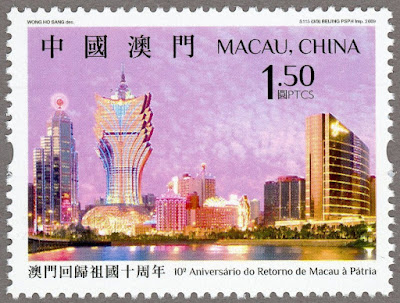The Montgomery Bus Boycott, a pivotal event in the American Civil Rights Movement, ended on 20 December 1956, after 381 days of nonviolent protest against racial segregation on public buses in Montgomery, Alabama. The boycott began on 5 December 1955, following the arrest of Rosa Parks, who refused to give up her seat to a white passenger. This act of defiance sparked a mass movement led by local leaders, including a young Dr. Martin Luther King Jr., who emerged as a key figure in the fight for civil rights.
Key Developments:
Catalyst:
- Rosa Parks' arrest galvanized the African American community in Montgomery to organize a boycott of the city’s bus system, which required Black passengers to sit in the back and give up their seats to white passengers if needed.
Organized Leadership:
- The Montgomery Improvement Association (MIA), led by Dr. King, coordinated the boycott. Strategies included carpools, walking, and other forms of alternative transportation.
Legal Victory:
- The boycott continued amidst harassment and economic hardship until the Supreme Court ruling in Browder v. Gayle (1956) declared segregation on public buses unconstitutional, effectively ending the practice.
Outcome and Impact:
- Desegregation:
On 20 December 1956, the city of Montgomery officially desegregated its buses, marking a significant victory for the Civil Rights Movement. - Rise of Dr. King:
The boycott established Dr. King as a national leader and symbol of the movement. - Civil Rights Momentum:
It inspired subsequent campaigns against segregation and injustice, including sit-ins, freedom rides, and marches.
The Montgomery Bus Boycott demonstrated the power of collective action and nonviolent resistance in challenging systemic racism, leaving an enduring legacy in the fight for equality and justice


